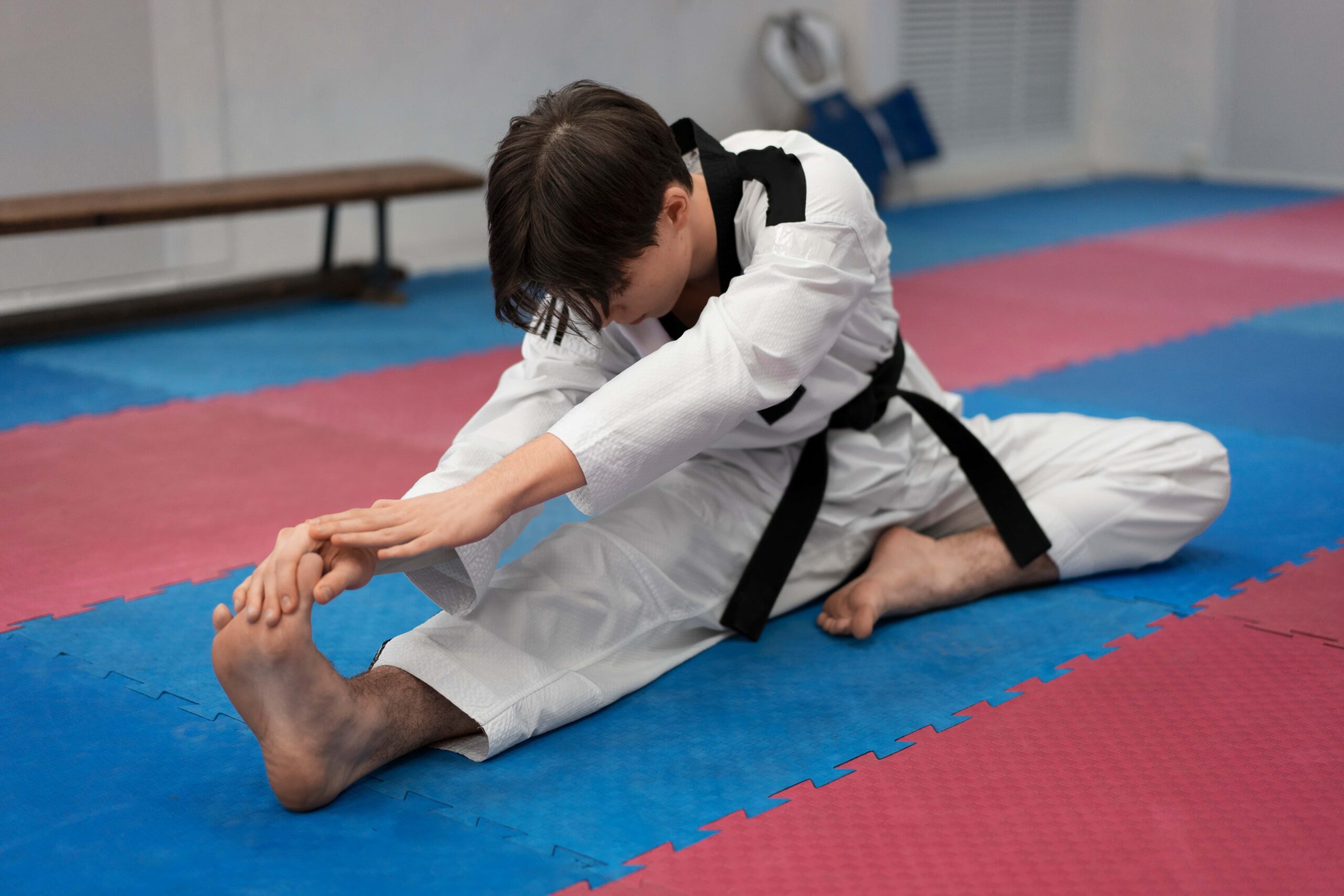In a digital world that moves at a rapid pace, it is becoming increasingly challenging for parents to find worthwhile activities that ensure our kids do not just go to the gym and call it exercise. Brazilian Jiu Jitsu program is rapidly gaining momentum now with families as an excellent avenue for not just fitness, but also for supporting the development of lifelong skills. The structured curriculum and the supportive nature of the instructors give young students the understanding that success is obtained through committing to their effort and not just based on strength.
Building Unshakable Confidence
Children grow up all the time, and sometimes confidence does not come as naturally as they had hoped, especially when the situation is outside of their comfort zone. Jiu Jitsu helps all kids develop a strong sense of self by carefully guiding them through the different techniques and sparring procedures in a controlled and supportive environment. Every belt achievement, every successful technique, and even every Jiu Jitsu class completed creates a sense of accomplishment for kids and demonstrates they are progressing. Unlike most sports, where only the most athletic kids will shine, Jiu Jitsu allows all kids to learn and develop at their rate. This openness brings in kids of all personalities, including kids who are shy or anxious, to embrace new experiences.
Cultivating Discipline Through Routine
Teaching discipline is one of the foundations of Jiu Jitsu; kids need to show up on time, keep their uniform clean and presentable, and conduct themselves with respect for a dojo atmosphere. Through repetition of these simple steps, kids learn accountability and responsibility. They quickly learn that every class requires discipline and respect to be successful and, most importantly, to make it safe for everyone. Every class is structured with warmups, drills, technique, and sparring, which fosters a solid work ethic. They start to see that mastery takes time, and there is often discomfort during the journey toward long-term success.
This mentality tends to translate beyond just training. Kids who train frequently become more organized with their schoolwork and reliable around the house.
Teaching Respect and Humility
Respect for your instructor, training partners, and ultimately yourself is a strong tenet of Jiu Jitsu. There are formalities, such as bowing before entering the mat, but kids also know respect in a greater sense by listening to and paying attention to their instructor. They learn how to be courteous in training, irrespective of their rank and skill level, demanding respect for all training partners, creating a community with mutual growth as opposed to competition. Sparring involves consideration as well and works on humility. There is no one guaranteed victory regardless of skill level. All students, the biggest and most confident athlete will lose! They simply have not learned, and they ultimately need to undergo these specific experiences to grow and develop.
Improving Physical Fitness and Coordination
In a society where screen time is surpassing play together, Jiu Jitsu helps improve children’s overall physical health. Jiu Jitsu classes are a full-body workout that effectively increases strength, flexibility, endurance, and cardiovascular capacity. Classes typically include a series of exercises that not only develop strength and power, but also put kids through exercises that will develop their agility and balance, but will do it in a fun way through games and drills. The movements of Jiu Jitsu also promote fine and gross motor skills at the same time. Takedowns, guard passes, and sweeps practiced require a high degree of coordination and precision and train kinesthetically to raise body awareness.
Learning Problem-Solving and Strategic Thinking
Jiu Jitsu is often described, in fact, as “human chess.” Any move has a counter, and so success relies more on strategy than strength or toughness. While the exercise is paramount, that fact alone makes Jiu Jitsu an outstanding outlet for kids to develop critical thinking skills. During sparring, they will be asked to think and act before their opponent develops his or her intention. Learning like this will train the child’s brain to embrace learning and think on their feet as they assess situations. Children begin to apply logic to the challenge to escape from the hold or to think about their next move. Instructors will teach them to think also about 3 steps ahead, to develop a “strategist’s mindset,” and develop patience.
Fostering Social Skills and Teamwork
Jiu Jitsu, although an individual martial art, is inherently community-driven. Kids learn and develop in a given framework of interactions with coaches and peers. Everything that entails drilling technique requires cooperation and collaboration; sparring partners must be confident in each other to keep each other safe and improve. This balance builds not only teamwork engagements but also creates empathy and communication. New friendships are common on the mats, as kids come together in experience and effort. Each child belongs on the mat, has a place, and has a role, regardless of prior experiences and personal backgrounds. It is crucial for kids who either do not feel included in the sport or experience rejection or exclusivity in other sports. Likewise, kids who are timid, shy, and introverted practice valuable social skills.
Encouraging Emotional Regulation and Self-Control
One of the most significant rewards of Jiu Jitsu for children is its effect on emotional regulation. When they step on the mat, they are immediately placed in high-pressure situations, whether it’s grappling on the ground with Jiujiteiros, dealing with losing to an opponent, or fighting through physical fatigue. These opportunities allow children to keep their composure and make thoughtful responses instead of reacting out of frustration or rage. A large part of this process involves the instructor modeling calm behavior and reminding children to breathe, assess a situation, and then apply their thoughts. This emotional maturity will often appear during everyday situations—managing academic conflicts with peers, disappointment of not getting something they wanted, or managing their approach to tests. Jiu Jitsu allows children to confront their challenges and emotions in a safe space.
Wrapping Up
The canvas that paints Jiu Jitsu is way bigger than a martial art-it is a transformative journey for the body and mind of young children. Focusing on values such as confidence, discipline, respect, strategic thinking, emotional control, and social awareness bestows children with life skills that go far beyond the wrestling floor. Every class is a moment of enhancement, fine-tuning in physiques and minds alongside spirit. Jiu Jitsu is a well-balanced and empowering experience for a child who is shy or is full of energy, or anywhere in between. A good Jiu Jitsu program is a definite investment in more than just grappling for your ordinary child’s holistic development and fruitful future. It is an act of building the next generation of strong, aware, and compassionate human beings.


